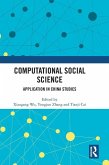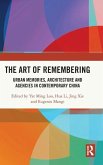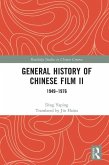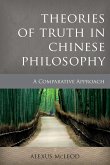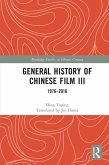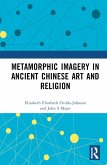This book examines Chinese films made and shown abroad roughly between the 1920s and the 2020s, from the beginning of the international exchange of the Chinese national film industry to the emergence of the concept of soft power.
The periodisation of Chinese cinema(s) does not necessarily match the political periods: on the one hand, the technical development of the film industry and the organisation of translation in China, and on the other hand, official relations with China and translation policies abroad impose different constraints on the circulation of Chinese films. This volume deals with the distribution and translation of films from mainland China, Taiwan, Hong Kong, and the Chinese diaspora. To this end, the contributors address various issues related to the circulation and distribution of Chinese films, including co- productions, agents of exchange, and modes of translation. The approach is a mixture of socio- cultural and translational methods. The data collected provides, for the first time, a quantitative overview of the circulation of Chinese films in a dozen foreign countries.
The book will greatly interest scholars and students of Chinese cinema, translation studies, and China studies.
The periodisation of Chinese cinema(s) does not necessarily match the political periods: on the one hand, the technical development of the film industry and the organisation of translation in China, and on the other hand, official relations with China and translation policies abroad impose different constraints on the circulation of Chinese films. This volume deals with the distribution and translation of films from mainland China, Taiwan, Hong Kong, and the Chinese diaspora. To this end, the contributors address various issues related to the circulation and distribution of Chinese films, including co- productions, agents of exchange, and modes of translation. The approach is a mixture of socio- cultural and translational methods. The data collected provides, for the first time, a quantitative overview of the circulation of Chinese films in a dozen foreign countries.
The book will greatly interest scholars and students of Chinese cinema, translation studies, and China studies.


